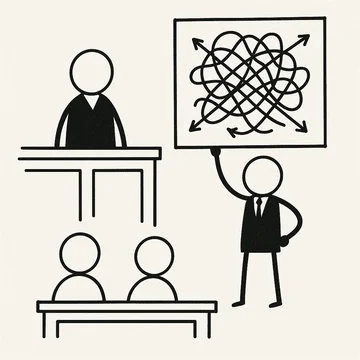In a short ruling issued in Deere & Co. v. AGCO Corp., 18-827-CFC, Judge Connolly rejected the defendants' motion for additional claim construction after IPR. The defendants had asked the Court to conduct further claim construction proceedings on three groups of terms, to account for allegedly inconsistent positions taken by the plaintiff during IPR proceedings on 8 of the 11 asserted patents. Judge Connolly explained that he entertained the motion for more claim construction "based on Defendants' repeated and emphatic representations that Plaintiff Deere & Company maintained . . . positions on claim construction [during IPR] that were 'diametrically opposed' to and 'fundamentally inconsistent' with positions Deere took during claim construction before me."
Deere had argued that the alleged inconsistencies required additional construction for three reasons: "First, it is a fundamental rule of patent law that patent owners should not be permitted to interpret claims one way to preserve validity and another way to try to show infringement. . . . Second, where a patent owner succeeds in convincing the PTAB that a patent does not cover certain subject matter, it should not then be permitted to take the opposite position in district court. . . . Third, statements the Patent Owner makes to the PTAB that contradict prior claim construction positions create new claim construction disputes that must be resolved under O2 Micro."
But Judge Connolly didn't agree with the fundamental assertion that Deere's arguments during IPR were inconsistent with those he had previously considered:
I have read the parties' briefing and exhibits from the IPR proceedings submitted with the briefing. I do not think it reasonable or fair to accuse Deere of adopting in the IPR proceedings "fundamentally inconsistent positions" that were "diametrically opposed" to the positions Deere took during claim construction before me.
In denying the motion, Judge Connolly included commentary that highlights the risk of pushing a point too far:
I will therefore deny Defendants' motion and, going forward, will view with skepticism arguments and representations by Defendant.
If you enjoyed this post, consider subscribing to receive free e-mail updates about new posts.






